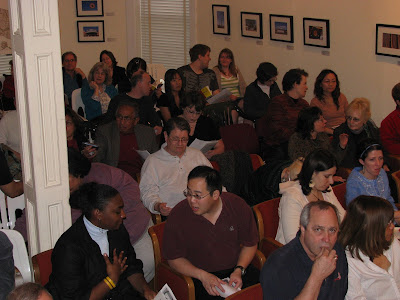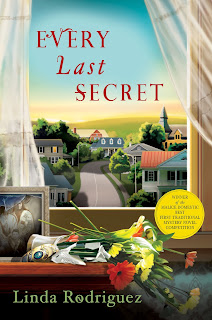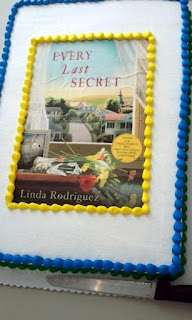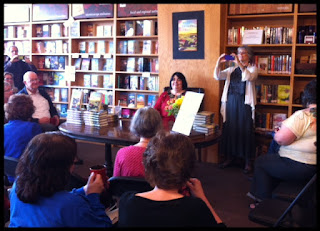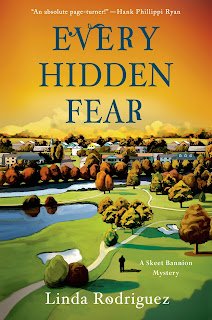Why It’s Important to Write Diverse Characters
wanted to. I’m far too respectful even of bad books to inflict physical damage
on them. And this wasn’t a totally bad book. It was completely unrealistic, but
unfortunately, it wasn’t set in some fantasy kingdom or far away on another
planet. It purported to be about life in a major city in these United States.
And it was full of white people. (And heterosexual people and people without disabilities.
Also huge blind spots in much of American fiction.)
the city it was supposedly set in has a diverse population. The protagonist was
white. The love interest was white. The friends and confidantes were white.
Even the villain was white (and this is where you’ll usually find the people of
color in American novels and film… because, of course, all the good guys need
to be white). Even the walk-on characters were white. Even the maid in the
hotel seen for two sentences.
anymore. Unfortunately, although they’re not as plentiful as they once were,
such novels can still be found. What we’re more likely to find, however, are
novels like the recent big prizewinner (almost 800 pages in length), which
contained two non-white characters only, both servants and about as unrealistic
as they could be. (A Caribbean housekeeper with children of her own to support
and care for who insists on continuing to take care of the wealthy white family
for free when they lose their money, neglecting her own kids? I’m sure many
wealthy white people have fantasies of such dedication to themselves and
selfless service by their servants, but I can’t think of any working person
like that in reality. Most people are working for money to take care of their
own families, and when the money goes, they have to find another job to pay their
own bills.)
peripheral characters of color—or villains, all non-white, while the good guys are
all white—still abound. And most of them are extremely unrealistic. Perhaps in
particular isolated rural areas or very small towns, such depictions might be
realistic, though many rural areas and small towns now boast large immigrant
populations. Books set in larger towns and cities must show the diversity of
the population to be believable.
characters any longer in reality is in wealthy white suburbs where housing
restrictions keep others from moving there—and usually in such places,
non-white people are mowing lawns, taking care of children, taking care of security,
and many other duties. And such suburbs are part of metropolitan areas full of
diverse people, where the shortest drive for a bite to eat or to fill up the
gas tank will bring the populace in contact with people from different
backgrounds.
organization is bringing lots of help to its members at this year’s SinC Into
Great Writing workshop in connection with Bouchercon in New Orleans on
Wednesday, September 14. The topic is “Doing Diversity Right,” and participants
will hear from instructors like the great Walter Mosley (of Easy Rawlins fame),
Greg Herren, Cindy Brown, Frankie Bailey, and me. At the end, all of us—and some
other industry professionals—will answer any and all questions participants put
to us about the problem of writing diverse characters and backgrounds and doing
it right.
variety of people from many backgrounds, in many physical and mental conditions, and of many sexual orientations. Take a look around at the audience at an event or at the
customers in a big restaurant, and you’ll see the diversity of people that
surrounds you. When we read, we expect to see a similar range of characters, or
we begin to feel something’s off with the book. When we write our own books, we
need to portray that variety, or risk more and more people throwing our books
against the wall, literally or figuratively.

